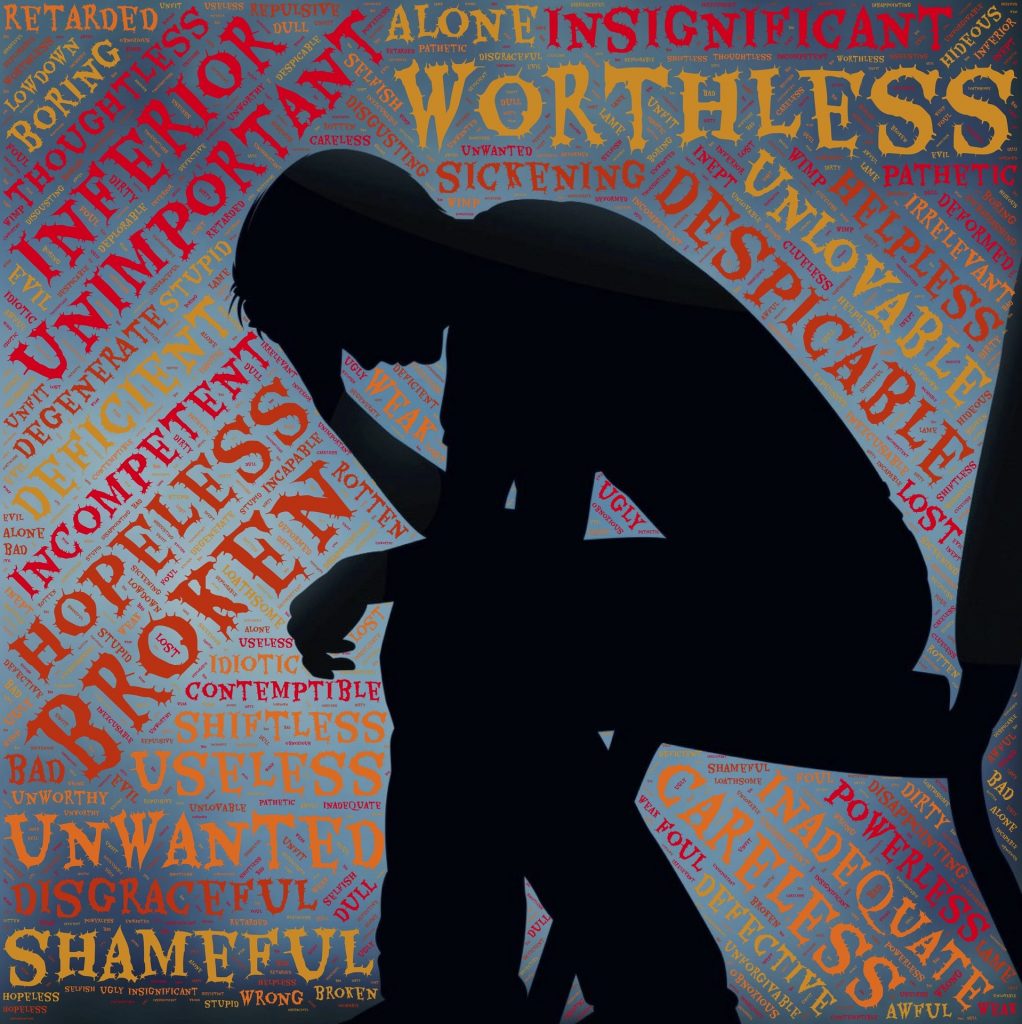An undergraduate student from Cardiff University was found dead due to depression. Mental health advisers raise awareness on detecting depression.
Cardiff University undergraduate commuted suicide in her flat after suffering from depression for years.
Daisy Ho (Hong Kong), a second-year student, studying Sociology and Education at Cardiff University was found dead after leaving a goodbye message on Facebook to her friend.
“I do not want to live. I do not want to breathing, so much pain,” read her final message which was found on her laptop by the police.

Gregoy Lloyds, Daisy’s classmate told the Cardiff inquest that Daisy felt rejected by the society and a failure in life.
According to Mental Health Foundation, major depression is thought to be one of causes of suicide.
“It was a very sad case. She was assessed in hospital and was offered health advice service in the University but she declined them,” South Wales Central corner Phillip Spinney said.
“Depression is unpreventable,” said Justin French, a Cardiff University Health adviser.
Justin explained that symptoms of depression included feelings of homelessness, pessimism, guilt and worthlessness. The visible symptoms include feeling of restlessness, irregular sleep, decreased energy, changes in mood, insomnia, difficulty in making decisions, appetite or weight loss, persistent sad or empty mood and fearfulness.
.embed-container { position: relative; padding-bottom: 56.25%; height: 0; overflow: hidden; max-width: 100%; } .embed-container iframe, .embed-container object, .embed-container embed { position: absolute; top: 0; left: 0; width: 100%; height: 100%; }
“As long as people who suspect that he or she may has depression after self-check based on above symptoms, they should contact the GP and also reach out to student support to access counselling or the health advisers,” suggested Justin.
He also emphasized that it is important to talk about mental health to be able to continue breaking down the stigma attached to any diagnosis.
“Otherwise, as a person becomes more and more depressed, the symptoms could be worsen or become all-consuming in some case,” Justin said.
In regards to how family members and friends should help a depressed person, Justin suggested that being a listener when needed is more important, rather than saying things like “just cheer up’ or “stop being so silly”.
“Until a GP is consulted, family and friends should not offer any advice. However, they should still be around the patient,” Justin concluded.
